One of the weirdest responses when someone close to you dies is the gradual realisation that now at last you know them fully. They become to you complete, rounded, fully themselves, in a way that just does not seem possible while they are still alive. It’s so frustrating. Just when you’re at last ready and able to talk to them in the way you’ve always wanted, in full knowledge of who they are, seeing clearly every aspect of their person, they are no longer present. Radio 4 has come up with a partial antidote to this aspect of death, loss, grief, and so too of life and living, with its unsettling new lunchtime series, Unforgettable (produced by Adam Fowler), the title inspired by Natalie Cole’s 1991 single, where she duets with her long-dead father.
Using cutting-edge digital technology, which I’m told has been developed by DJs ‘to spontaneously play out musical clips’ (or in other words an advanced ability to edit), real-life people are invited to talk to relatives, colleagues or friends who are no longer with us in person via the use of the radio archives. In the first of the five short programmes, Derek Jarman has a conversation with his brother-in-law David Temple. Two more different people could not be envisioned; Jarman the film-maker, poet, theatre designer, gardener, gay activist, and Temple, a ‘pragmatic’ man working in ‘commerce’. Yet it becomes obvious how much Temple now misses Jarman’s unusual ability to always leave you ‘with a better sense of well-being’.
‘I just wish he was here to ask,’ says Temple. And, hey presto, here is Jarman speaking about the controversies that his work inspired, his garden at Dungeness, his thoughts on death, his relationship with his air-commodore father. ‘I can’t remember whether I told you that my mother went to see Sebastiane,’ says Temple, talking about Jarman’s homoerotic film based on the life and martyrdom of St Sebastian.
Whether or not these conversations work depends on the quality of the archive. Jarman, it turns out, was a remarkably generous and empathetic conversationalist and in his interviews spoke so personally and colourfully that it was possible to weave his now static remarks into the ‘live’ questions posed by his brother-in-law. Maya Angelou’s conversation with her grandson was less successful because what we have on record are interviews where she is performing for the microphone rather than simply chatting. She sounds wonderful with her warm, melodious voice and her deep understanding of what matters in life, but the conversation never takes off.
On Monday night Peter Curran recalled the impact of John Hersey’s 1948 radio broadcast about Hiroshima (Radio 4). The programme was a dramatised reading of his 30,000-word essay for the New Yorker, which had shocked, and terrified, the American people by telling them what had really happened in Japan a year earlier when, at 8.15 on the morning of 6 August, the A-bomb had been dropped on the city known to be at the heart of the Japanese military and naval operation.
At the time of the attack on Hiroshima strict censorship was enforced and the American people were not allowed to know the full horror of what the A-bomb had inflicted. Photographs had been released showing the flattened city but these were little different from the devastated cities of Europe. No newspaper reporters were given full access at the time; there was nothing in words to tell of what the aftermath of the bomb meant to the people who lived there. What Hersey chose to do was tell the story through just six people, including an office worker, a doctor, a clergyman, and not hold back on his descriptions of what they had seen and experienced.
In Hersey’s Hiroshima (produced by Caroline Raphael), we heard clips from the original BBC broadcast (specially made soon after the American radio series), which was relayed via the Home Service and because it was deemed so important a few days later on the Light Programme also, in between snippets of the Palm Court Orchestra and Wilfred Pickles. Hersey’s frank, vivid descriptions of what his witnesses had seen — the flesh falling off in chunks, the eyes liquefying, the hair loss and strange, debilitating weakness that people began to experience — are more familiar now but still as shocking. During this week these original broadcasts were on Radio 4 Extra and are now available on iPlayer. Their unadorned, clean, straight delivery from witness to listener — their focus on the words, nothing else needed, no background music, no effects — sounds old-fashioned but they have lost none of their power. Hersey’s drawing together of the facts, told through individuals who give us no emotion, just straight reportage, remains extraordinarily compelling.
He is held responsible for the development of ‘immersive journalism’, stories told through personal witness. It’s the kind of thing you can hear everywhere in our brave new audio world as podcasts proliferate, now made by all kinds of media organisations, not just those already familiar with creating sound broadcasts. But few can compare with Hersey’s raw understanding of what matters in a story, of the details that count, with his determination to make people see through words alone.
Got something to add? Join the discussion and comment below.
Get 10 issues for just $10
Subscribe to The Spectator Australia today for the next 10 magazine issues, plus full online access, for just $10.

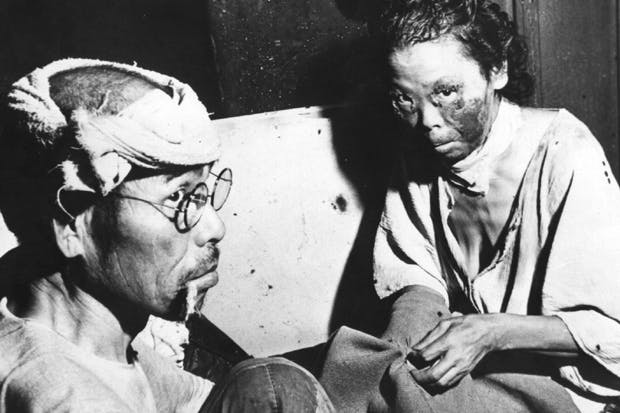
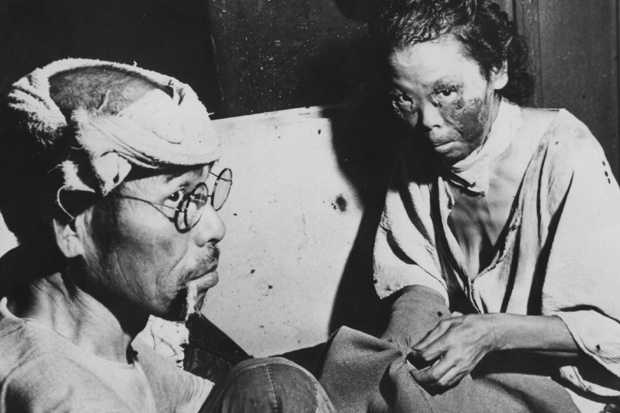
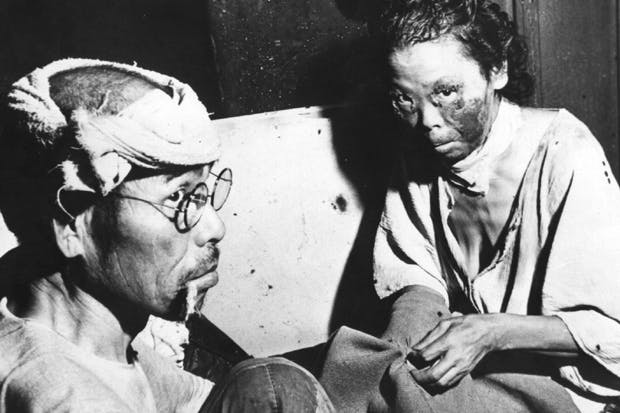

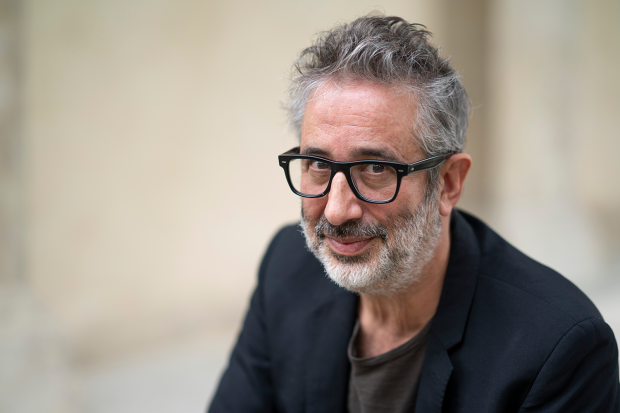
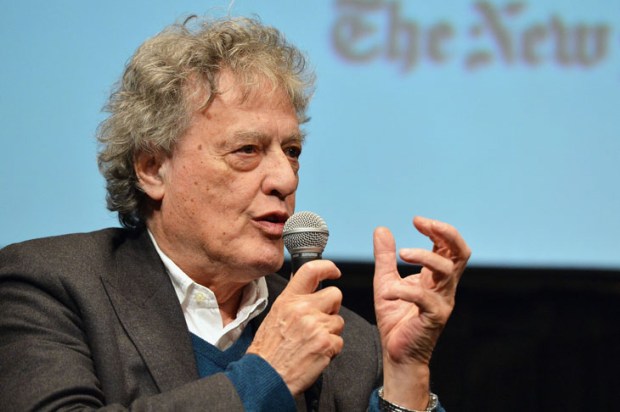
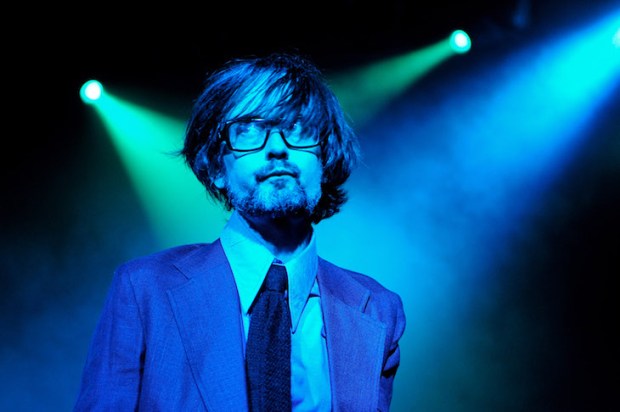






Comments
Don't miss out
Join the conversation with other Spectator Australia readers. Subscribe to leave a comment.
SUBSCRIBEAlready a subscriber? Log in